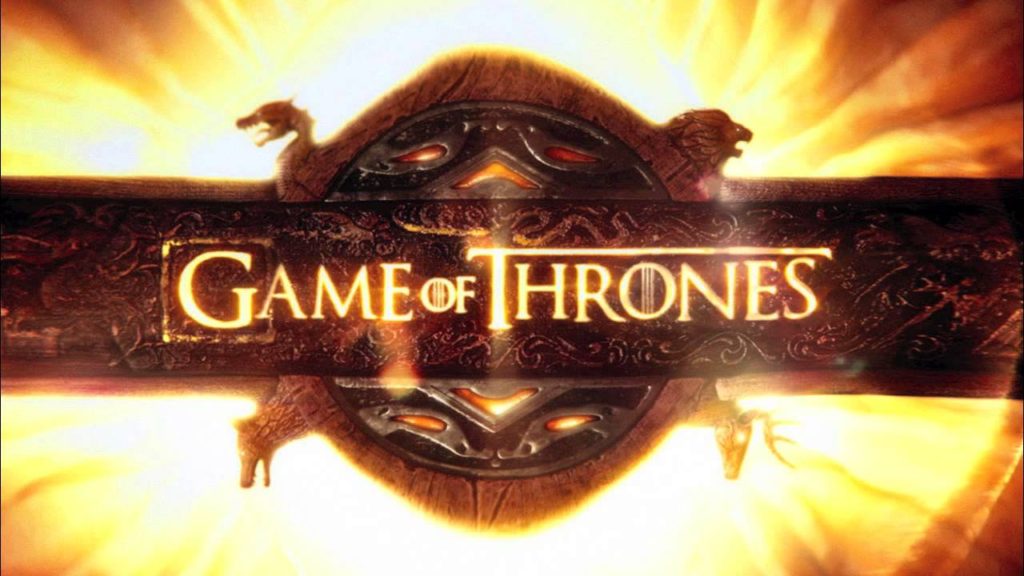I’m trying to build my audience, so if you like this post, please share it on social media using the buttons right above.
SPOILERS WARNING

Between the gore and the incest, there are some valuable personal finances lessons from A Game of Thrones. This Top 5 list is dedicated to all those who fell fighting for the living against the Night King.

5. Debt creeps up on you: King Robert’s reign was a largely peaceful and prosperous one. Yet like so many people, Robert overspent and went into debt. It wasn’t any one thing and at first he really didn’t seem to notice. However, before too long Robert was hamstrung by his debt, and it force him to make bad choices—the terrible marriage to Cersei being forced upon him since the Lannisters held most of his debt.
That marriage to Cersei: we all know how that turned out for Robert. Oops.

4. Everyone likes to look richer than they are: Rather ironic based on #5, but by season 4 the Lannisters are broke. Their gold mines stopped producing and they are deeply indebted to the Iron Bank.
Sounds pretty dire, but you wouldn’t know it by looking at them. They are still “rich as a Lannister” and give the outward appearance that they are rolling in the gold dragons. In no way do they let that they aren’t rich as ever, and why would they? Who would want to show their rear end to others?
For rival houses who are trying to “keep up with the Lannisters” it becomes an impossible task.

3. “How would we know we can’t fly unless we leap from some tall tower”: Euron Greyjoy is one of the creepiest dudes in the series, but I love this line.
Life is about taking on risk, understanding it, and making decisions that give you the most upside for the risk you take. This is especially true with investing.
So many people are way too conservative with investing. They don’t jump from that tall tower, or invest in equities that could lose money but historically do really, REALLY well. Those “mistakes” in asset allocation can cost tens or even hundreds of thousands of dollars.
The key is taking smart “leaps,” those where the rewards more than offset the risks. Stocks definitely fall into that category.

2. “Power resides where people think it resides”: Here Varys speaks one of the most important lines in the entire series.
There’s probably no statement that describes our financial system better. Banks work because people have think they work—you put your money in and you get it out. Fiat currency is really just paper with colored ink, but they work because people think they can reliably use those pieces of paper to get other stuff.
The best, most recent example has been Bitcoin. For a while people thought Bitcoin was really valuable so it went up to $19,000 (Dec 2017). Then all the sudden people didn’t think it was valuable so it plunged down to $3200 (Dec 2018), and now it’s back up to $5300. Nothing has really changed about its value or intrinsic net worth except what people think about its value.

1. Being good at personal finance opens up A LOT of opportunities: Littlefinger was my absolute favorite character, and he’s a great example of the power that comes with being really good with personal finances.
He started out as a nobody and rose to arguably the most important and richest person in the seven kingdoms. How did he do it? Investing well and being good with money. He “had a gift for rubbing two golden dragons together and breeding a third.”
In our world financial literacy is abysmal. Those who can master those skills can do quite well; the average salary for a financial planner is over $100,000. Smart financial decisions can make a millionaire out of nearly anyone. As Littlefinger shows, the sky’s the limit with this skillset.